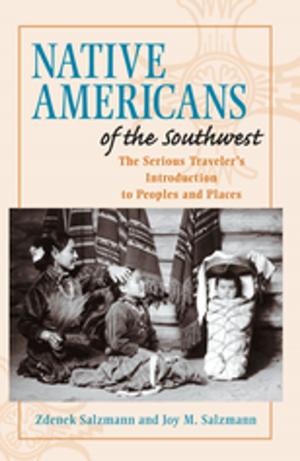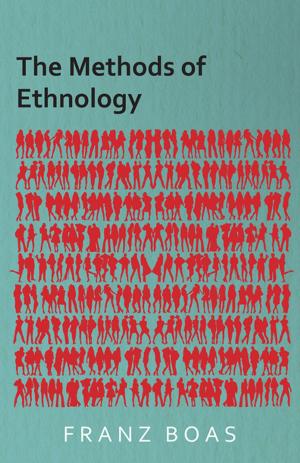| Author: | R. R. Marett | ISBN: | 9786050401714 |
| Publisher: | R. R. Marett | Publication: | July 29, 2015 |
| Imprint: | Language: | English |
| Author: | R. R. Marett |
| ISBN: | 9786050401714 |
| Publisher: | R. R. Marett |
| Publication: | July 29, 2015 |
| Imprint: | |
| Language: | English |
In this chapter I propose to say something, firstly, about the ideal scope of anthropology; secondly, about its ideal limitations; and, thirdly and lastly, about its actual relations to existing studies. In other words, I shall examine the extent of its claim, and then go on to examine how that claim, under modern conditions of science and education, is to be made good.
Firstly, then, what is the ideal scope of anthropology? Taken at its fullest and best, what ought it to comprise?
Anthropology is the whole history of man as fired and pervaded by the idea of evolution. Man in evolution—that is the subject in its full reach. Anthropology studies man as he occurs at all known times. It studies him as he occurs in all known parts of the world. It studies him body and soul together—as a bodily organism, subject to conditions operating in time and space, which bodily organism is in intimate relation with a soul-life, also subject to those same conditions. Having an eye to such conditions from first to last, it seeks to plot out the general series of the changes, bodily and mental together, undergone by man in the course of his history. Its business is simply to describe. But, without exceeding the limits of its scope, it can and must proceed from the particular to the general; aiming at nothing less than a descriptive formula that shall sum up the whole series of changes in which the evolution of man consists.
In this chapter I propose to say something, firstly, about the ideal scope of anthropology; secondly, about its ideal limitations; and, thirdly and lastly, about its actual relations to existing studies. In other words, I shall examine the extent of its claim, and then go on to examine how that claim, under modern conditions of science and education, is to be made good.
Firstly, then, what is the ideal scope of anthropology? Taken at its fullest and best, what ought it to comprise?
Anthropology is the whole history of man as fired and pervaded by the idea of evolution. Man in evolution—that is the subject in its full reach. Anthropology studies man as he occurs at all known times. It studies him as he occurs in all known parts of the world. It studies him body and soul together—as a bodily organism, subject to conditions operating in time and space, which bodily organism is in intimate relation with a soul-life, also subject to those same conditions. Having an eye to such conditions from first to last, it seeks to plot out the general series of the changes, bodily and mental together, undergone by man in the course of his history. Its business is simply to describe. But, without exceeding the limits of its scope, it can and must proceed from the particular to the general; aiming at nothing less than a descriptive formula that shall sum up the whole series of changes in which the evolution of man consists.















